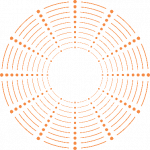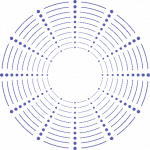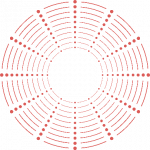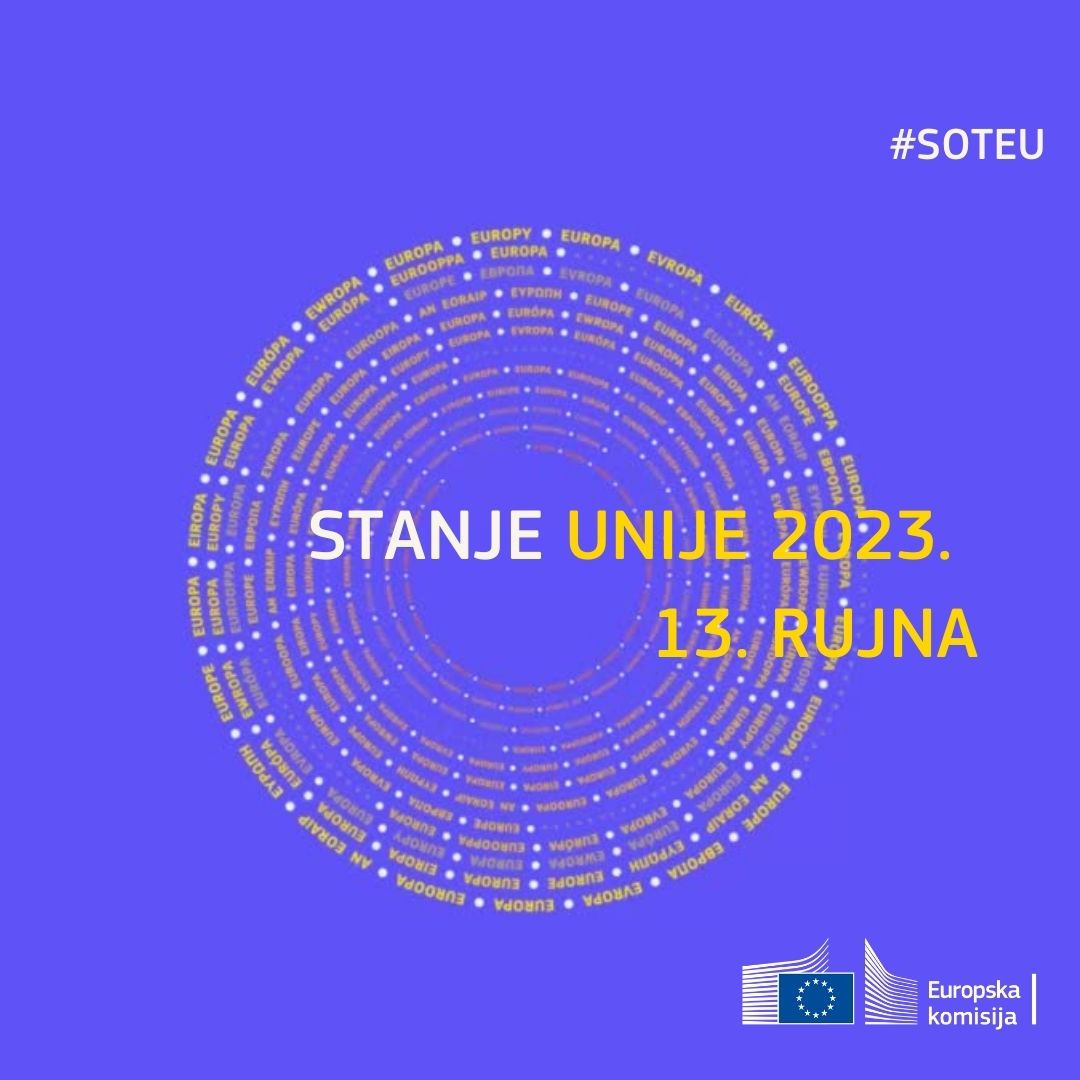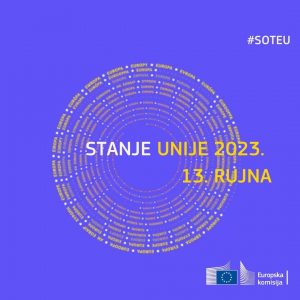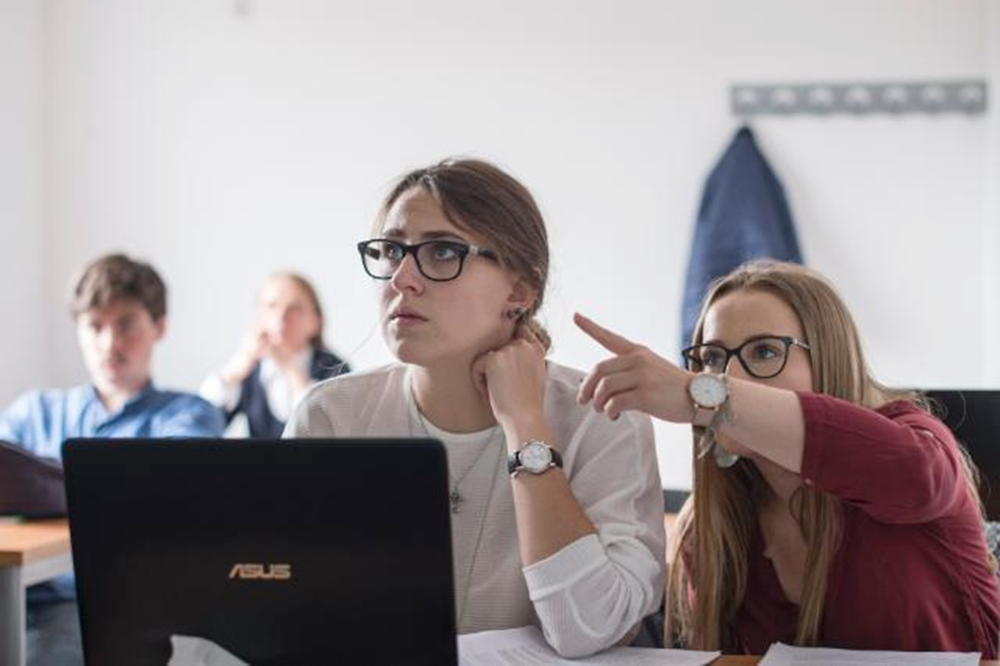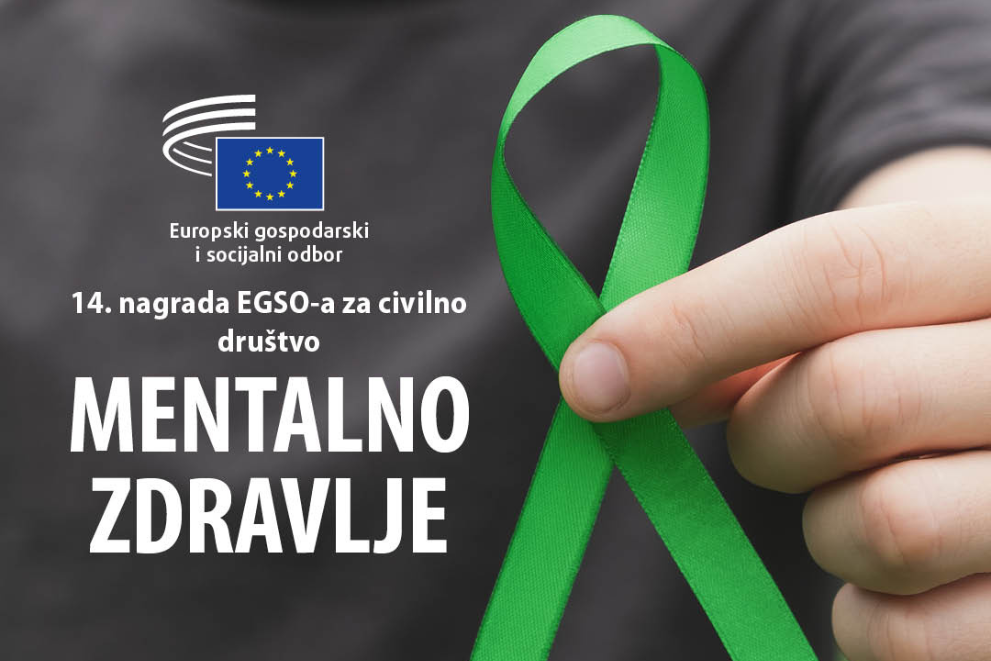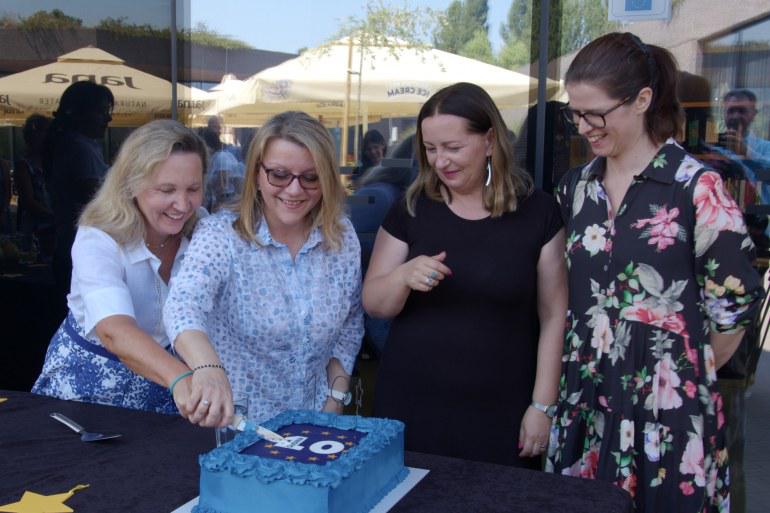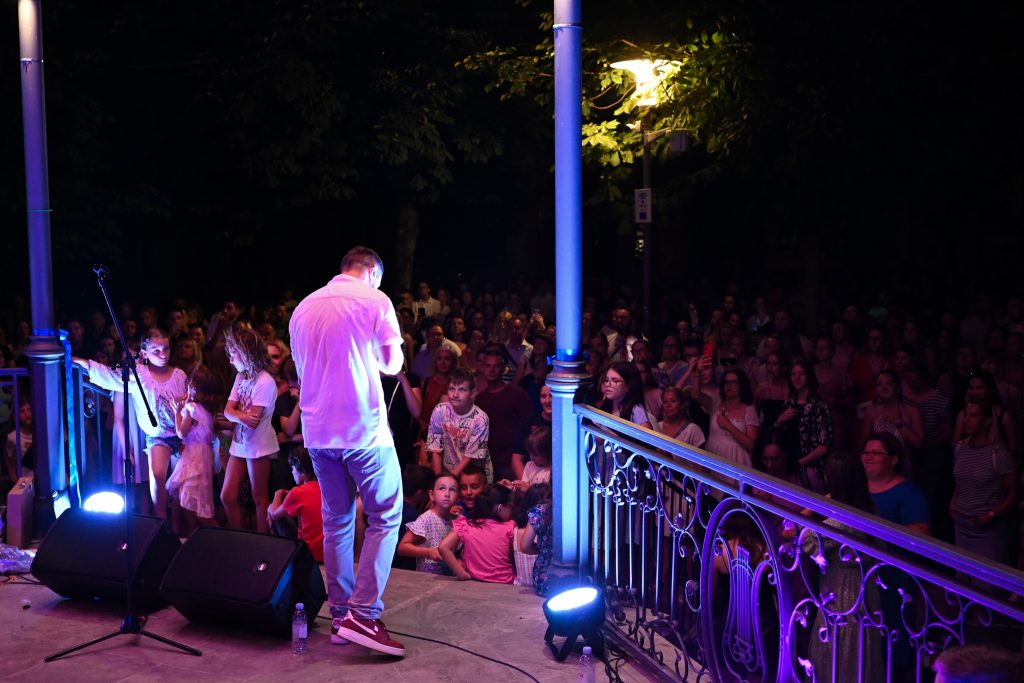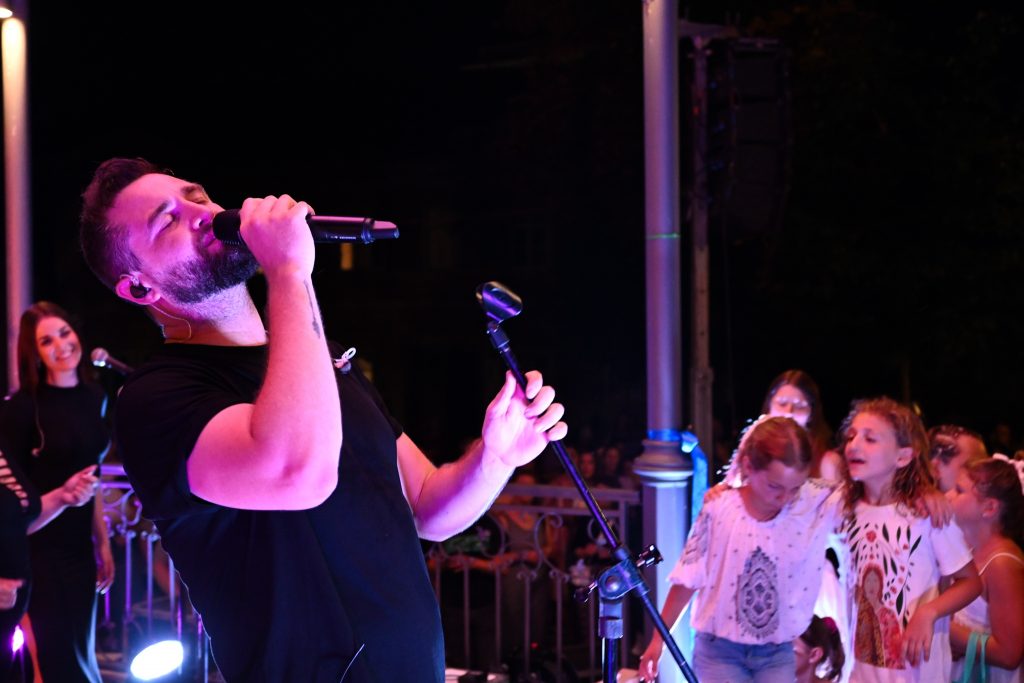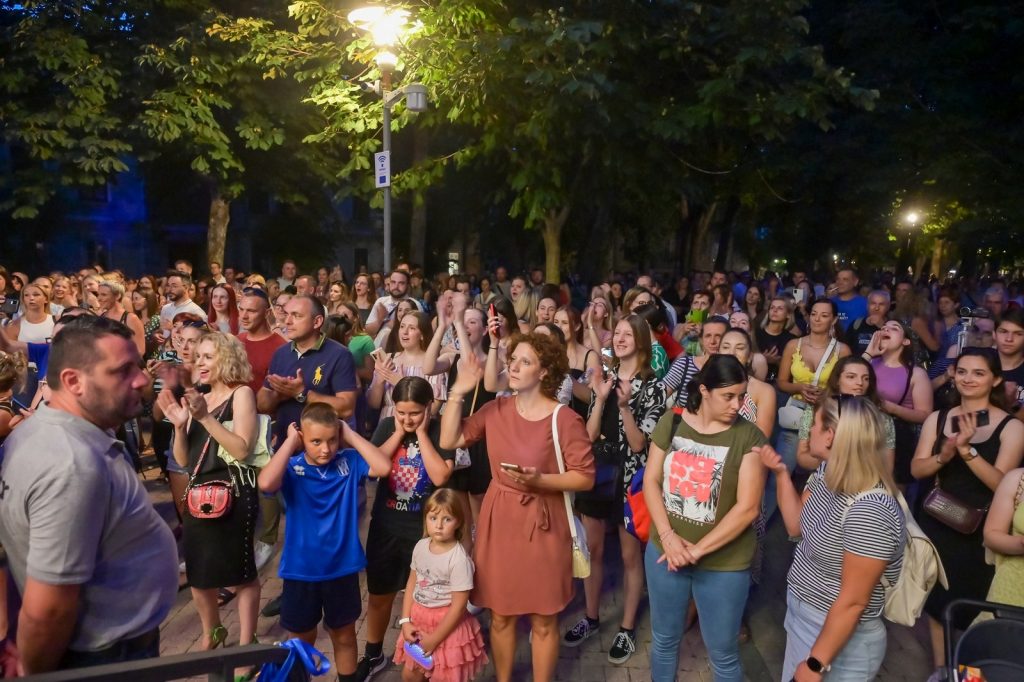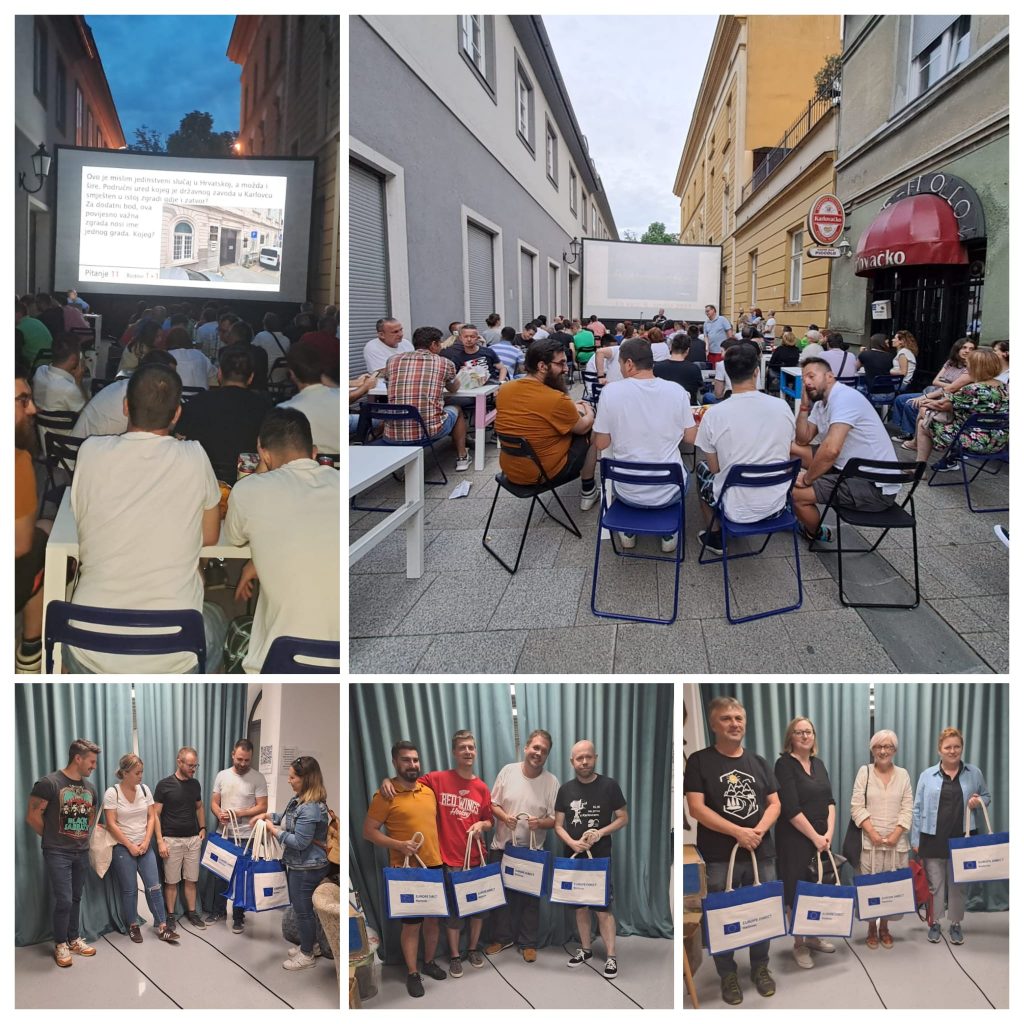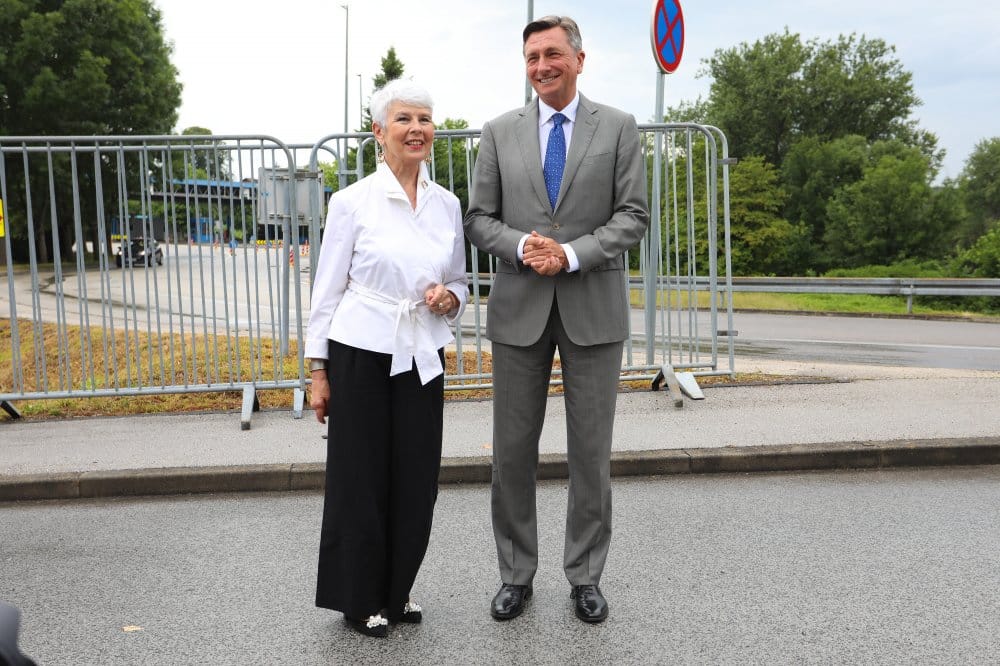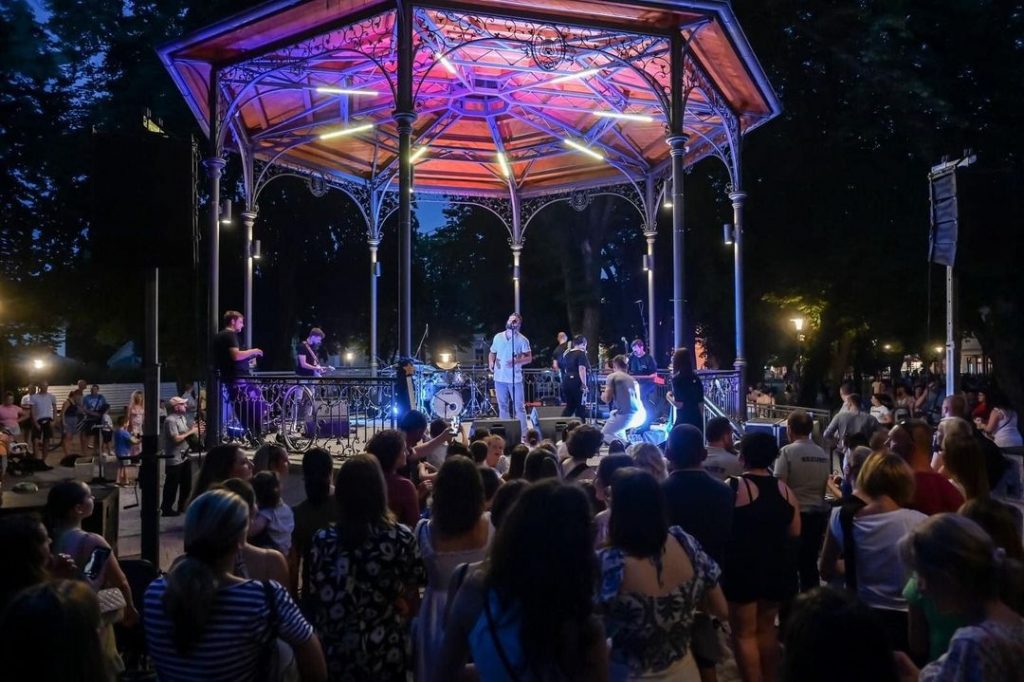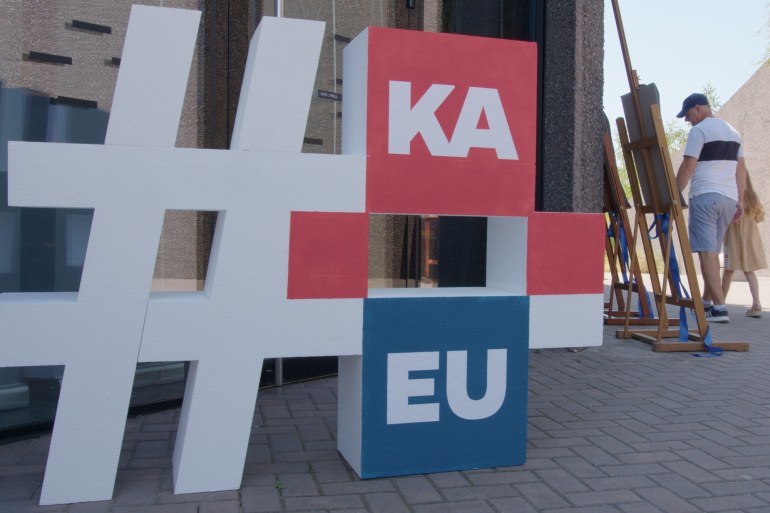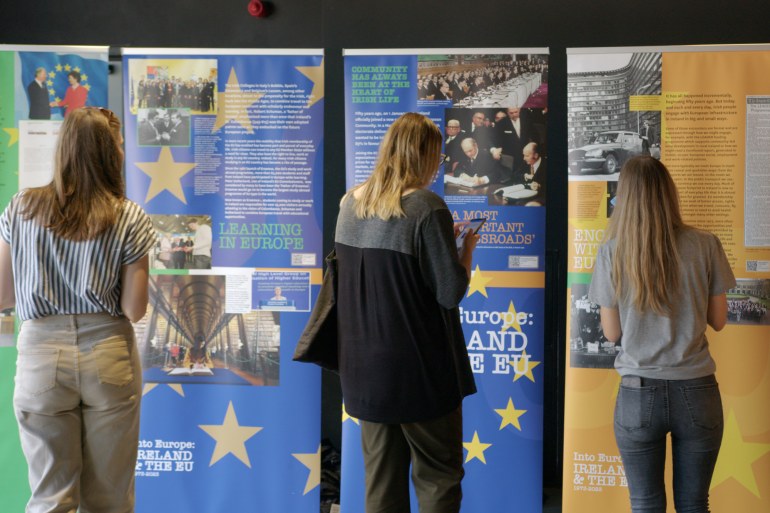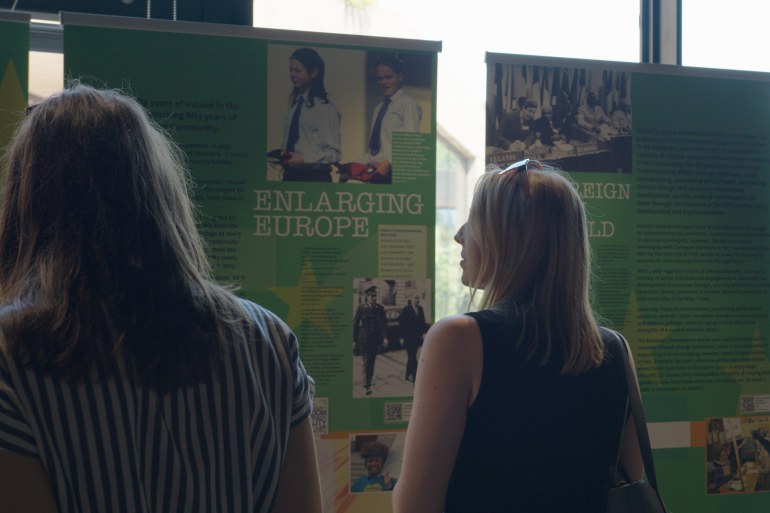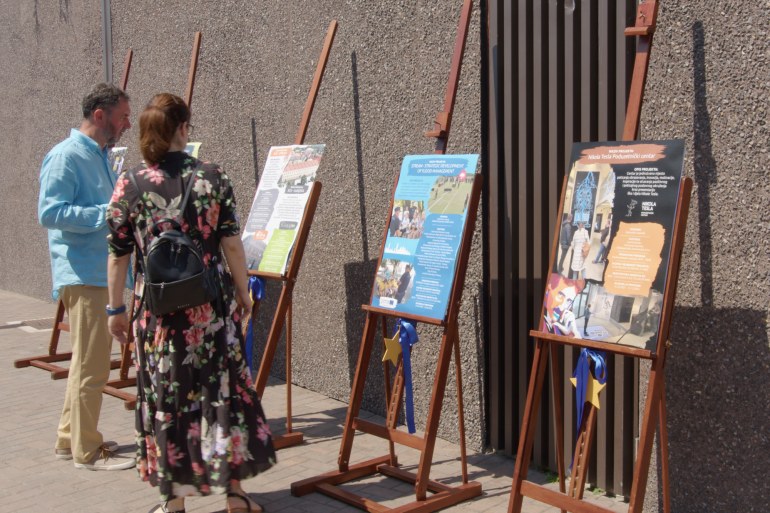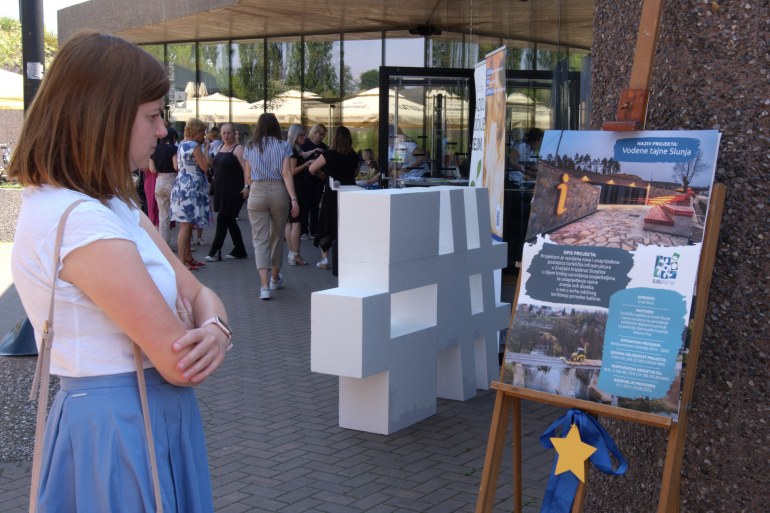Civil society organisations, individuals and private companies can now apply their non-profit projects for the EESC Prize to support the mental well-being of Europeans.
The European Economic and Social Committee (EESC) launched the 14th edition of its Civil Society Prize. In order to reward creative and innovative non-profit projects that help people with mental illnesses and create an environment conducive to their mental well-being, either on an individual level or as part of a joint effort, the EESC has chosen mental health as this year’s theme.
A maximum of five winners will be selected to receive prizes of a total value of A total of EUR 50 000.
The closing date for applications is 30 September 2023, 10 a.m. (Brussels time).
The award ceremony is likely to take place during the EESC Civil Society Week in spring 2024.
The aim of the EESC's flagship Civil Society Prize is to raise awareness of civil society's outstanding contribution to creating a European identity and citizenship and to promoting the common values that bolster European integration. Each year, the prize focuses on a different theme particularly relevant to the EU.
WHO CAN APPLY?
Applications can be submitted by all civil society organisations officially registered within the European Union and acting at local, regional, national or European level. The prize is also open to individuals who reside in the EU, as well as to companies registered or operating within the EU, provided that their projects are strictly not-for-profit.
All eligible initiatives and projects have to be carried out in the EU. They must have already been implemented or still be ongoing. Those which are planned but which have not begun implementation by 30 September 2023 will be excluded.
The full description of requirements and the online application form available on our webpage..
WHICH PROJECT THEMES ARE ELIGIBLE?
To be eligible, the entries must cover at least one of the issues listed in the eligibility criteria published in the Rules governing the 14th EESC Civil Society Prizeavailable on the EESC's dedicated webpage. web page.
Among other things, projects can focus on preventing and combating psychosocial risks at work and promoting supportive workplace cultures, reaching out to people at risk of mental health problems, providing crisis intervention and ensuring person-centred services for mental health.
They can also address the mental health needs of disadvantaged groups and ageing populations or promote mental well-being in children and adolescents, by tackling issues such as substance use and abuse, cyberaddiction, youth violence and bullying.
Projects focused on community work such as empowering local communities, creating networks for community involvement and establishing a supportive environment for mental health will also be eligible. Improving mental health literacy and combating the stigma which often deters people from seeking help are also acceptable as entry themes.
The EESC hopes its prize will honour and showcase the non-state efforts made so far to help people battling with mental health issues. It also aims to encourage ongoing projects and inspire new ones, thus highlighting the contribution such projects can make to curbing the explosion of this silent epidemic in the EU.
To apply, click here..
MORE ABOUT THE THEME OF THIS YEAR'S PRIZE
During and in the aftermath of the COVID-19 pandemic, Europe saw an unprecedented spike in mental health conditions and disorders. Anxiety and depression were particularly prevalent among the elderly and vulnerable groups, and most of all among young people, with figures showing that the rate of depressive symptoms more than doubled among those aged 18 to 29 in several European countries.
The heavy impact of mental health issues on the EU population, with roughly 4% of annual deaths attributed to mental health and behavioural disorders and the direct and indirect costs of mental health problems accounting for almost 4% of GDP, pushed mental health to the top of the EU's political agenda.
The EESC has also put mental health at the centre of its work. It has called for binding legislation to prevent psychosocial risks at work and is advocating for stepping up EU and national measures for promoting mental health.
By dedicating its 2023 prize to this all-important topic, the EESC wants to recognise the crucial role played by civil society in mental health treatment and prevention. Civil society fills gaps in the public health system, catering to the unique needs of vulnerable groups. Through its close connection with local communities, it provides frontline assistance both formally and informally, reaching populations that are often overlooked.
PREVIOUS CIVIL SOCIETY PRIZES
In 2022, the EESC exceptionally awarded a prize for two themes: youth and Ukraine. In 2021, the prize honoured climate projects promoting a just transition. In 2020, the EESC replaced its Civil Society Prize with a one-off Civil Solidarity Prize dedicated to the fight against COVID-19. Other topics in the past have included gender equality and women's empowerment, European identities and cultural heritage, and migration.
Contact for further information:
EESC Press Unit – Laura Lui
+ 32 (0)2 546 91 89
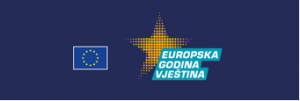 On October 4th, 2023, an online information workshop was held on the topic of: "Vouchers for the education of employed and unemployed persons" within the framework of the European Year of Skills, organized by Europe Direct Karlovac, Europe Direct Koprivnica-Križevci County, Public Institution Regional Development agency of Karlovac County and PORA Regional Development Agency of Koprivnica-Križevci County.
On October 4th, 2023, an online information workshop was held on the topic of: "Vouchers for the education of employed and unemployed persons" within the framework of the European Year of Skills, organized by Europe Direct Karlovac, Europe Direct Koprivnica-Križevci County, Public Institution Regional Development agency of Karlovac County and PORA Regional Development Agency of Koprivnica-Križevci County.
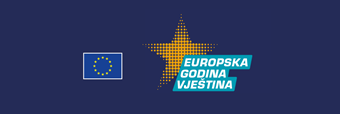
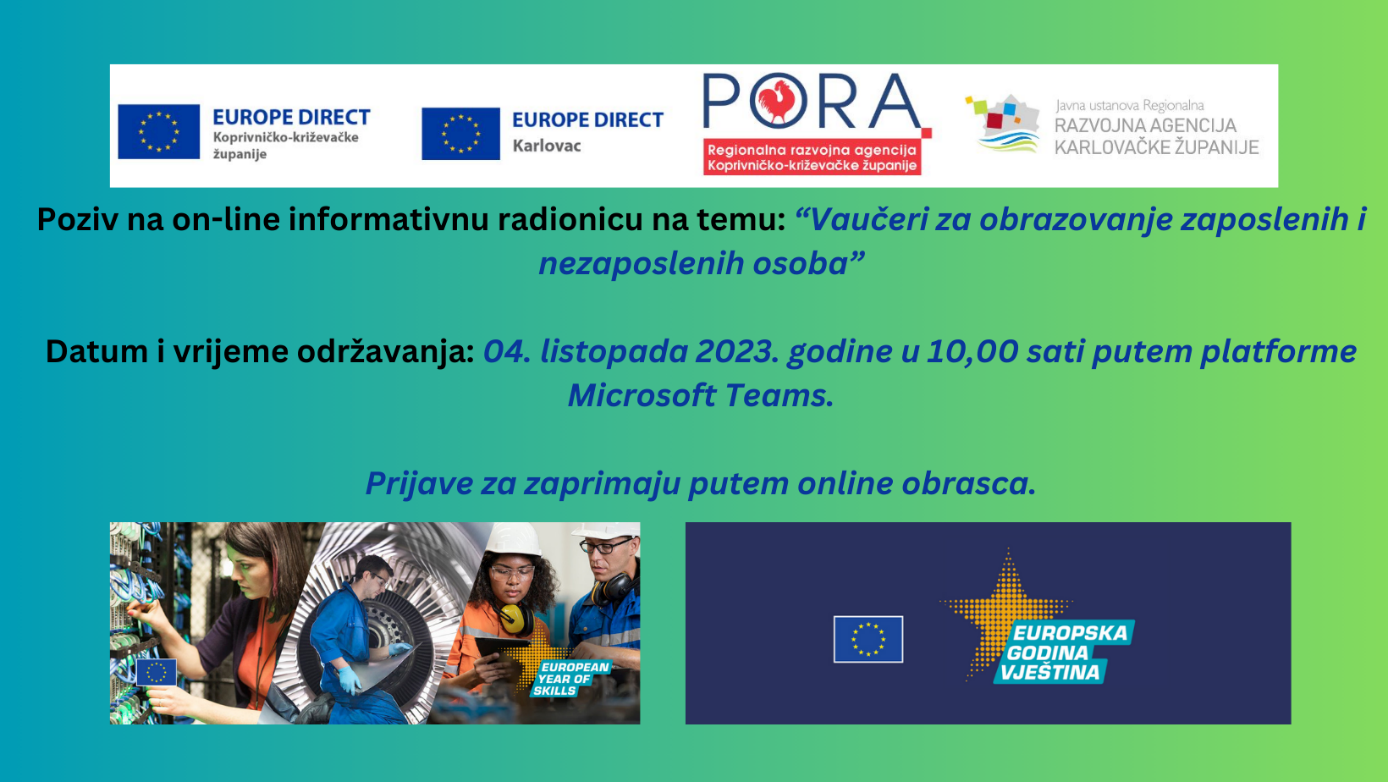


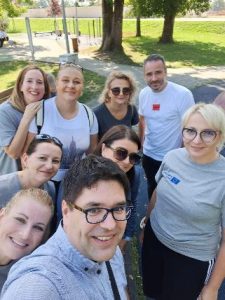 Želimo što veću aktivnost i to ne samo u ovom tjednu nego da bude svaki dan bez obzira na vrijeme. Ništa nas u tome ne smije omesti jer naš cilj je veća aktivnost, a samim tim i bolje zdravlje, koncentracija, međusobni odnosi
Želimo što veću aktivnost i to ne samo u ovom tjednu nego da bude svaki dan bez obzira na vrijeme. Ništa nas u tome ne smije omesti jer naš cilj je veća aktivnost, a samim tim i bolje zdravlje, koncentracija, međusobni odnosi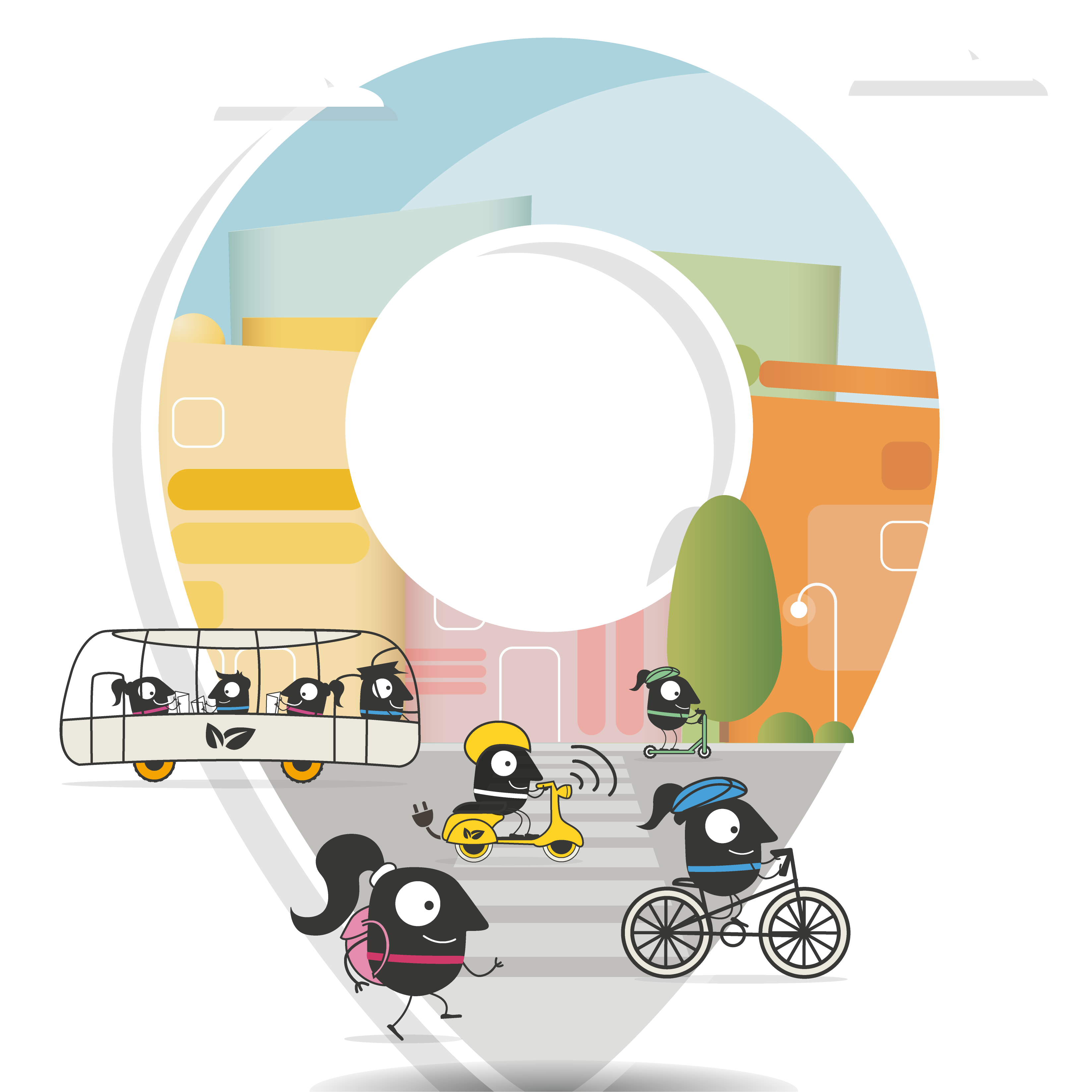
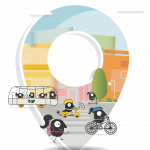 The European Mobility Week is a campaign of the European Commission with the aim of improving the quality of life of citizens in urban areas by promoting alternative and innovative urban transport solutions. It is celebrated every year from September 16 to 22, and this year's theme was about saving fuel and energy in general and was carried out under the slogan "Let's move better - save energy!" The goal is to encourage citizens to walk, cycle and use alternative transport solutions affect the reduction of energy consumption, the reduction of environmental pollution, but also the improvement of living conditions and health.
The European Mobility Week is a campaign of the European Commission with the aim of improving the quality of life of citizens in urban areas by promoting alternative and innovative urban transport solutions. It is celebrated every year from September 16 to 22, and this year's theme was about saving fuel and energy in general and was carried out under the slogan "Let's move better - save energy!" The goal is to encourage citizens to walk, cycle and use alternative transport solutions affect the reduction of energy consumption, the reduction of environmental pollution, but also the improvement of living conditions and health.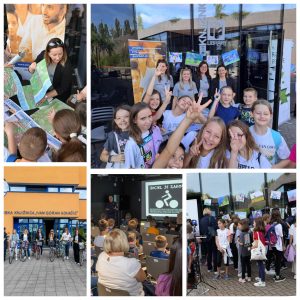 We celebrated the EU mobility week on September 20 in cooperation with the City of Karlovac, the City Library "Ivan Goran Kovačić" Karlovac, the Traffic Police of the city of Karlovac, and Aquatika - Freshwater Aquarium Karlovac, which began with the closure of Radićeva Street from the rotor on Rakovac to the intersection with Elementary School Dragojla Jarnević from 8 a.m. to 12 p.m., by cycling the Cycle Librarian from the City Library I. G. Kovačić to Aquatika. Then an exhibition of children's works on the topic of mobility in traffic was viewed in Aquatica, and the thematic guidelines for 2023 were displayed at the info stand of Europe directa, i.e. quick guides with the theme "Let's save energy" which were distributed to everyone, after which a lecture was held for 4th grade students Braća Seljan Elementary School on traffic safety in cooperation with the Karlovac Traffic Police. In order to check how carefully they listened to the lecture, a quiz followed and the best three teams won valuable gifts provided by Europe direct Karlovac.
We celebrated the EU mobility week on September 20 in cooperation with the City of Karlovac, the City Library "Ivan Goran Kovačić" Karlovac, the Traffic Police of the city of Karlovac, and Aquatika - Freshwater Aquarium Karlovac, which began with the closure of Radićeva Street from the rotor on Rakovac to the intersection with Elementary School Dragojla Jarnević from 8 a.m. to 12 p.m., by cycling the Cycle Librarian from the City Library I. G. Kovačić to Aquatika. Then an exhibition of children's works on the topic of mobility in traffic was viewed in Aquatica, and the thematic guidelines for 2023 were displayed at the info stand of Europe directa, i.e. quick guides with the theme "Let's save energy" which were distributed to everyone, after which a lecture was held for 4th grade students Braća Seljan Elementary School on traffic safety in cooperation with the Karlovac Traffic Police. In order to check how carefully they listened to the lecture, a quiz followed and the best three teams won valuable gifts provided by Europe direct Karlovac.


